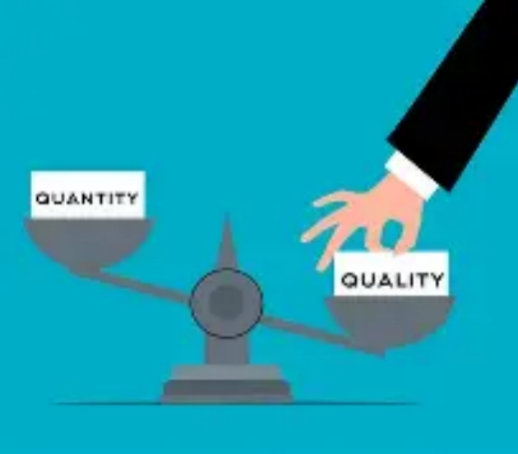In a world where many focus on wealth and flashy buying, the idea of “consumption downshifting” can appear strange, particularly to those with significant financial means. Yet, downshifting in consumption doesn’t mean giving up a good quality of life; instead, it encourages a thoughtful change in what really matters, potentially resulting in a lifestyle that is more rewarding, sustainable, and enriching.
The Misconception of Consumption Value
We often hear that spending more leads to a better quality of life, especially among wealthy individuals. The market is filled with luxury brands, premium services, and expensive products, which can create a false belief that happiness and fulfillment come only from lavish consumption. However, this mindset misses the truth that genuine value in life isn't solely determined by costs.

Take dining out as an example. Rather than spending $500 on a tasting menu at a high-end restaurant, visiting local, family-run places can provide a richer and more personal culinary experience. These hidden treasures frequently prepare dishes with care and local ingredients, offering a distinct cultural experience that luxury restaurants might not provide. By opting for simpler dining options, people can explore new tastes, support local businesses, and build a deeper connection with their meals, all while still enjoying the pleasure of eating out.
Quality Over Quantity: The Art of Mindful Consumption
Consumption downshifting champions quality over quantity. High-spending consumers can Transform their closets by moving away from fast fashion to embrace sustainable and classic styles. These well-made clothes, designed with attention to detail and lasting materials, not only enhance one’s fashion but also reduce environmental impact, providing lasting beauty beyond fleeting fads.
When it comes to home decoration, choosing handmade artisan pieces rather than expensive mass-produced furniture can have a significant impact. Each distinct item tells its own story, bringing personality to spaces and creating a stronger emotional connection. This thoughtful buying method allows people to genuinely appreciate the charm and worth of each piece, improving their overall quality of life.

Experiential Enrichment over Material Possession
A major benefit of downshifting consumption is that it allows people to focus on experiences instead of just buying things. Wealthy individuals can swap extravagant shopping for deep cultural adventures. Rather than spending money on the newest tech items, they might choose to enroll in language classes, visit unique travel spots, or join workshops with skilled artisans.
These experiences broaden their outlook and also contribute to unforgettable memories. For instance, painting in the beautiful Tuscan hills or discovering ancient ruins of a lost civilization can lead to personal growth and satisfaction that material goods seldom provide. By choosing to downshift their spending in favor of experiences, people can enhance their lives in ways that far exceed the short joy of a new purchase.

The Environmental and Social Impact
The growing awareness of social and environmental issues has led to a trend in minimizing consumption. Those who usually spend significantly can create a positive impact by choosing to back ethical and sustainable brands.This includes choosing products with minimal packaging, fair trade items, and environmentally friendly technology, all of which contribute to a healthier planet.This change in behavior brings two main advantages: it helps the environment and adds personal fulfillment. Understanding that our spending choices can lead to real impacts enhances life quality and builds a stronger sense of community and well-being.Ultimately, reducing consumption is transforming ideas about luxury and quality of life. For wealthy individuals, it's an opportunity to change how they buy things, putting more emphasis on quality, experiences, and making a positive difference. Adopting this mindset allows for a richer, sustainable way of living, demonstrating that downsizing consumption is not a sacrifice but a pathway to a more fulfilling life.



